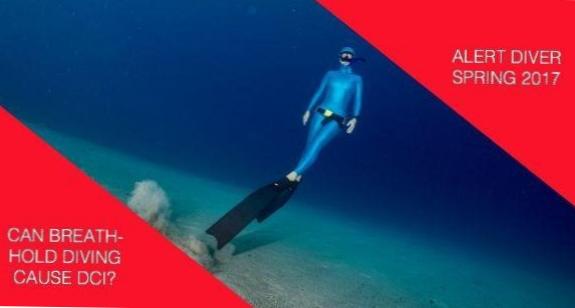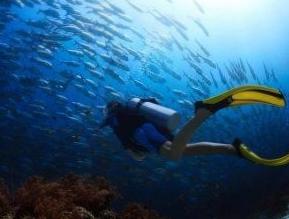Can diving cause a stroke? Find out as we explore this intriguing question. Stroke is a medical emergency that occurs when blood flow to the brain is disrupted, leading to brain cell damage. While diving is an exhilarating sport, it is crucial to understand the potential risks involved.
Can Diving Cause a Stroke? — Introduction to Diving and Its Association with Stroke Risk
Diving is a popular recreational activity that offers thrill-seekers an unforgettable experience exploring the depths of the ocean. From the breathtaking coral reefs to the mesmerizing marine life, diving has captivated the hearts of many adventure enthusiasts. However, have you ever wondered if diving can lead to a stroke? In this article, we will dive into the world of diving and explore its association with stroke risk. So, put on your diving gear and let’s delve into the depths of this intriguing topic!
Can Diving Cause a Stroke? Understanding the Mechanics of Diving and its Impact on the Body
Have you ever wondered if diving can cause a stroke? While diving may seem like a fun and exhilarating activity, it’s essential to understand the potential risks it poses to our bodies. When we dive, the pressure on our bodies increases as we descend deeper into the water. This pressure can have various effects on our body, including changes in blood flow and oxygen levels. The sudden increase in pressure can cause bubbles to form in our bloodstream, a condition commonly known as decompression sickness, or «the bends.» In some instances, these bubbles can travel to the brain, leading to a stroke.
Can Diving Cause a Stroke? The Role of Pressure Changes in Diving and Their Potential Effects on Stroke Risk
Diving is an exhilarating sport that allows us to explore the underwater world. However, like any activity, it comes with potential risks. One question that arises is whether diving can cause a stroke. The answer lies in understanding the role of pressure changes in diving and their potential effects on stroke risk.
When we dive, our bodies are subjected to increased pressure as we descend into the depths of the water. This pressure affects various systems in our body, including the cardiovascular system. The pressure can cause blood vessels to constrict, leading to reduced blood flow to the brain. Additionally, it may promote the formation of tiny bubbles in the bloodstream, known as microbubbles. These bubbles can potentially occlude blood vessels, further compromising blood flow to the brain.
The risks associated with pressure changes during diving are well-known, and steps can be taken to mitigate them. Divers are advised to ascend slowly and to make decompression stops to allow their bodies to adjust gradually to the changing pressure. These measures help reduce the risk of decompression sickness, a condition that can result from the formation of nitrogen bubbles in the body tissues.
While research on the direct link between diving and stroke risk is limited, some studies suggest a possible association. It is crucial to note that strokes during diving are relatively rare, and more often occur in older adults with pre-existing risk factors such as high blood pressure, cardiovascular disease, or a history of stroke.
If you are considering taking up diving or have pre-existing risk factors, it is important to consult with your healthcare provider to assess your individual risk. They may recommend steps to manage your condition or advise against diving altogether.
In conclusion, while diving can entail pressure changes that may affect blood flow to the brain, the risk of stroke during diving is relatively low, especially for healthy individuals. It is essential to remain aware of the potential risks, take proper precautions, and always prioritize your safety when exploring the depths of the ocean.
Can Diving Cause a Stroke?
When we think about diving, the first things that come to mind are the captivating underwater world and the thrill of exploration. However, there is a topic that has recently gained attention: the potential link between diving and decompression sickness. Decompression sickness, also known as «the bends,» is a condition that occurs when nitrogen bubbles form in the body after resurfacing too quickly from a dive. While decompression sickness is typically associated with joint pain and muscle weakness, some studies have suggested that it could also be a contributing factor in strokes. But how likely is it to happen, and what are the precautions divers can take to reduce the risk? Let’s dive in and explore this intriguing connection.
can diving cause a stroke







